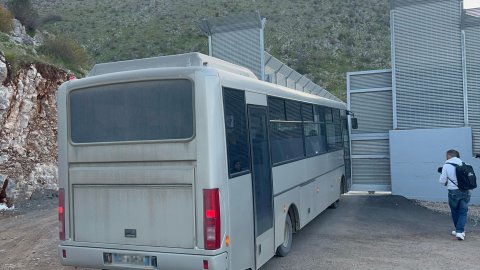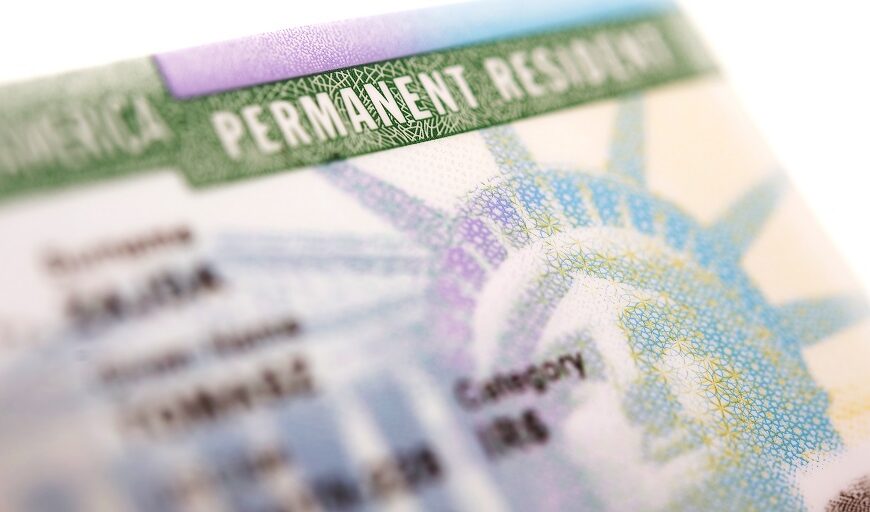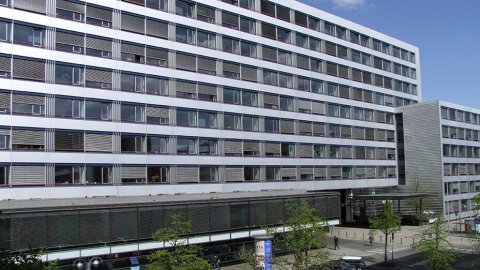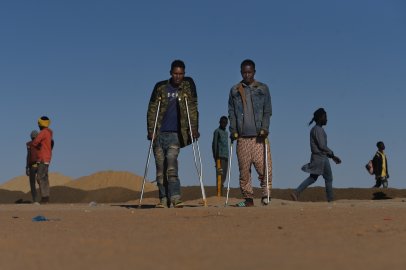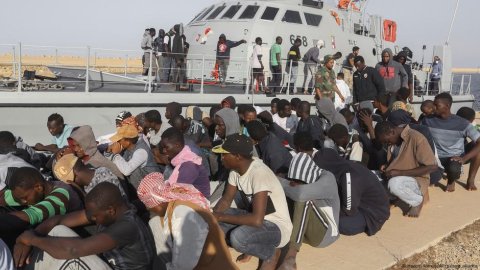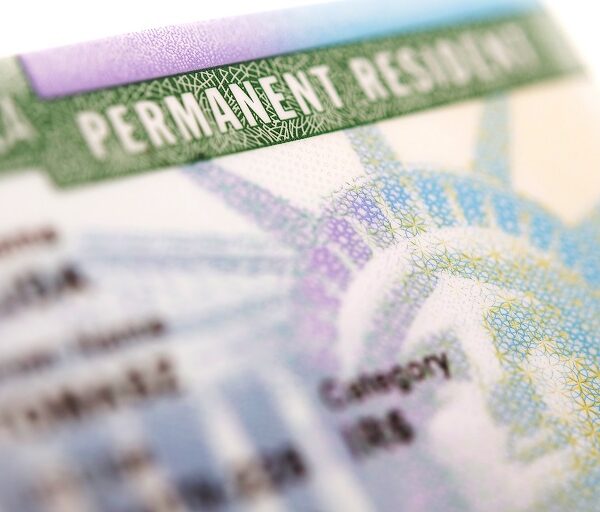Italy’s Repatriation Center in Albania Faces Serious Human Rights Concerns
The issue of immigration and the treatment of migrants has always been a contentious topic in Europe. Recently, attention has turned to Italy’s repatriation center located in Albania, where serious human rights concerns have been raised by several rights organizations. This blog post will delve into the findings of these organizations, the implications for migrants, and the broader context regarding repatriation practices in Europe.
Overview of the Repatriation Center
Italy’s repatriation center in Albania serves as a facility for processing and deporting migrants who are deemed to have entered the country illegally. The aim of such centers is to expedite the repatriation process while ensuring that the rights of individuals are respected. However, reports have surfaced indicating troubling conditions within the center, raising significant ethical and legal questions.
Human Rights Violations Reported
Several prominent rights organizations have conducted investigations into the conditions at the repatriation center in Albania. Their findings reveal a pattern of serious human rights violations, which include:
- Inadequate Living Conditions: Detainees are reportedly held in overcrowded and unsanitary conditions that fail to meet basic health and safety standards.
- Lack of Access to Legal Support: Many migrants are not provided with adequate legal assistance, hindering their ability to appeal repatriation decisions.
- Psychological and Physical Abuse: Testimonies from detainees suggest instances of both psychological and physical abuse by staff, contributing to a climate of fear.
- Limited Access to Medical Care: Detainees often face significant barriers in accessing necessary medical care, which can exacerbate existing health issues.
These issues paint a grim picture of the reality faced by migrants within the facility, raising alarms among human rights advocates.
Implications for Migrants
The concerns raised about the repatriation center have profound implications for the migrants detained there. Firstly, the lack of proper legal support can lead to wrongful deportations, where individuals may be sent back to countries where they face persecution or other dangers. This undermines the principle of non-refoulement, which prohibits returning refugees to places where their lives or freedoms could be threatened.
Moreover, the inadequate living conditions and reported abuse can have long-lasting psychological effects on migrants. Many individuals arrive in Europe fleeing trauma, and being subjected to further mistreatment can exacerbate their mental health struggles.
The Role of International Law
International law is clear about the treatment of migrants and the obligations of states to protect their rights. The Universal Declaration of Human Rights and various international treaties outline the fundamental rights that all individuals are entitled to, regardless of their immigration status.
Italy, as a member of the European Union and a signatory to numerous human rights treaties, has a legal obligation to ensure that all migrants are treated with dignity and respect. The reports from rights organizations regarding the repatriation center in Albania suggest a failure to uphold these commitments.
Responses from Authorities
In response to the allegations, Italian authorities have defended the operations of the repatriation center, asserting that they are in compliance with national and international laws. They argue that the facility is necessary for managing immigration effectively and ensuring that those who do not have the right to stay in Italy are returned to their home countries.
However, critics argue that compliance with laws does not equate to adherence to ethical standards. The mounting evidence of human rights violations calls into question the adequacy of the oversight mechanisms in place to protect migrants within these centers.
Advocacy and Action
Rights organizations are calling for urgent reforms in the management of repatriation centers, specifically:
- Independent Monitoring: Establishing independent bodies to regularly monitor the conditions and treatment of detainees to ensure compliance with human rights standards.
- Improved Legal Access: Providing migrants with access to legal resources and representation to facilitate fair hearings and appeals.
- Training for Staff: Implementing comprehensive training programs for staff to promote respectful treatment and awareness of human rights obligations.
- Enhanced Health Services: Ensuring that adequate medical care is available to all detainees, addressing both physical and mental health needs.
The advocacy for these reforms is crucial not only for the individuals currently detained but also for the integrity of Italy’s immigration system and its commitment to human rights.
The Bigger Picture: Repatriation in Europe
Italy’s repatriation center in Albania is not an isolated case; it reflects a broader trend across Europe where countries are tightening their immigration policies and practices. Many nations are grappling with the challenges of managing increasing numbers of migrants while facing political pressures to enforce stricter controls.
As the debate around immigration continues, it is essential for policymakers to prioritize human rights and the dignity of all individuals. European governments must recognize that the treatment of migrants is not just a legal issue but a moral one that reflects the values of society as a whole.
Conclusion
The serious human rights concerns regarding Italy’s repatriation center in Albania serve as a stark reminder of the ongoing challenges faced by migrants in Europe. As rights organizations continue to advocate for change, it is imperative for the international community to pay attention and hold governments accountable for their treatment of vulnerable populations.
To ensure a fair and just immigration system, it is crucial to foster an environment that respects the rights of all individuals, regardless of their immigration status. The future of repatriation practices in Europe hinges on the commitment to uphold human dignity and protect the rights of those seeking safety and a better life.
